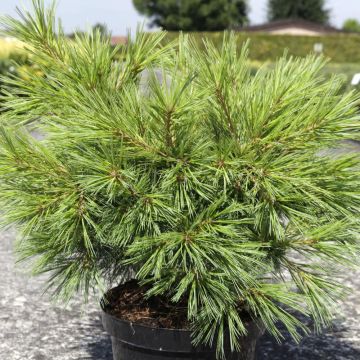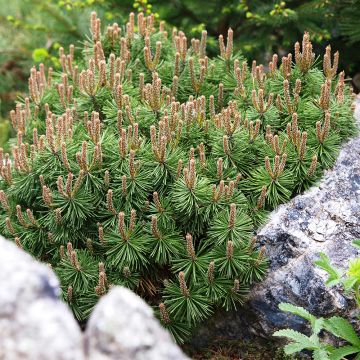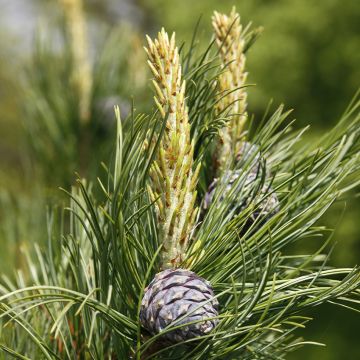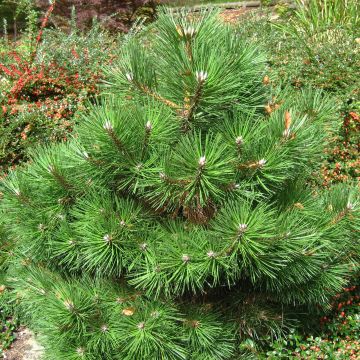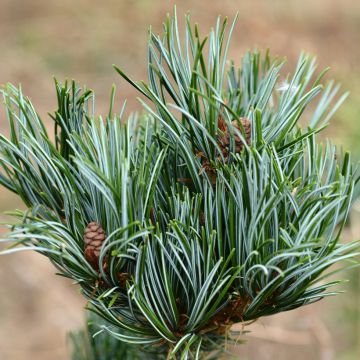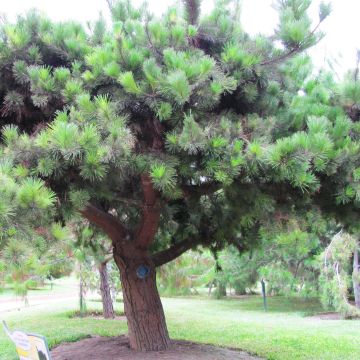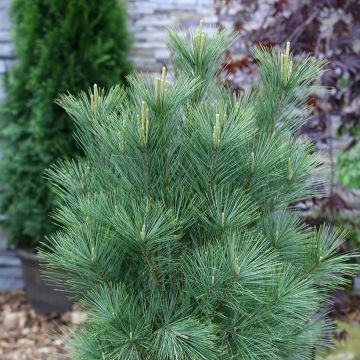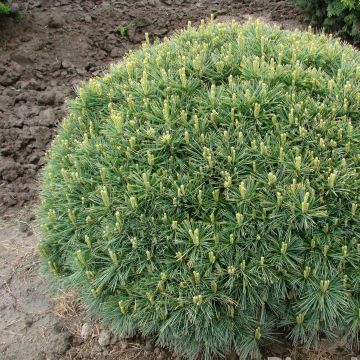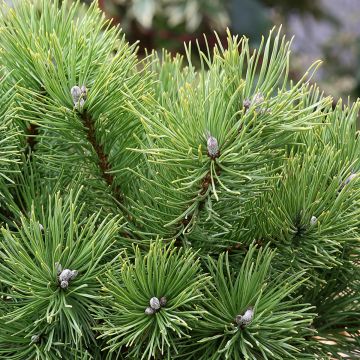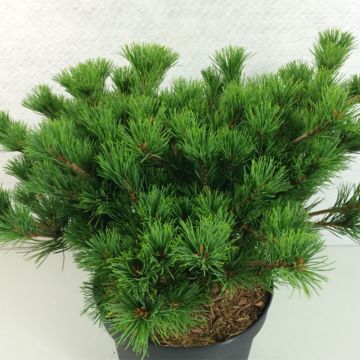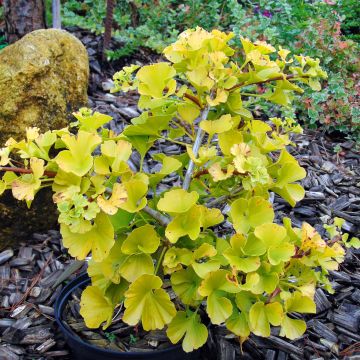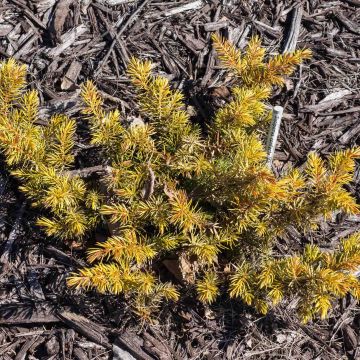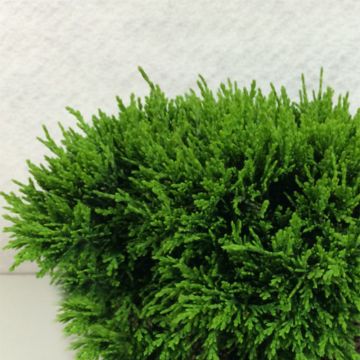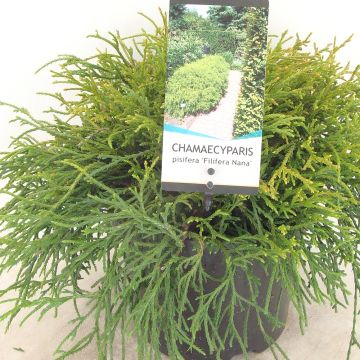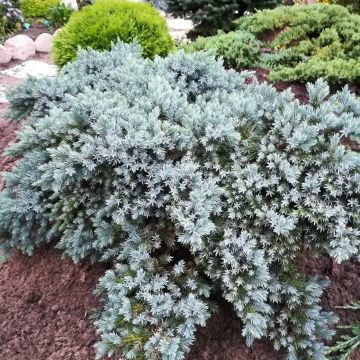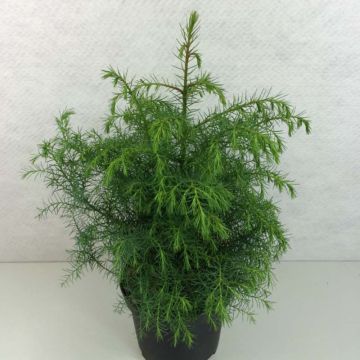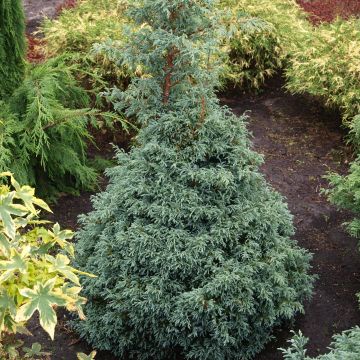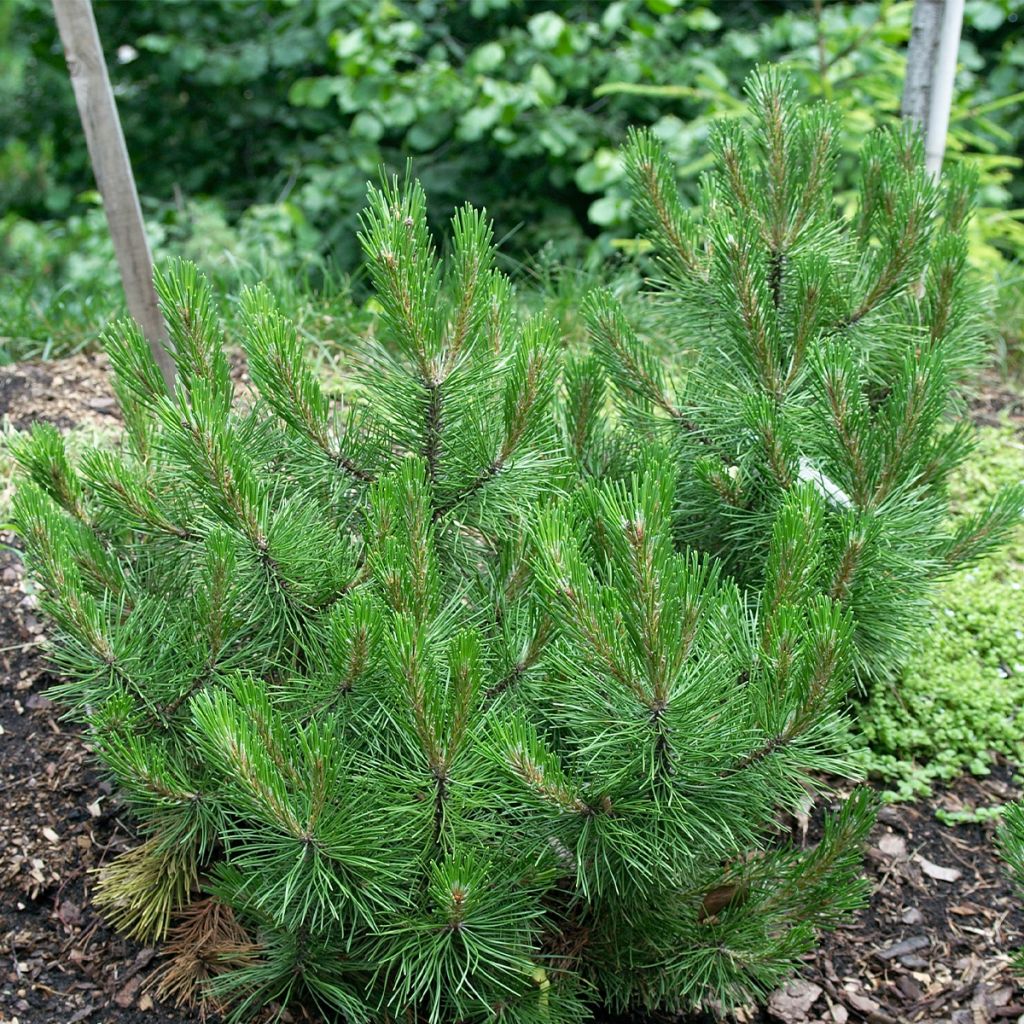

Pinus leucodermis Compact Gem
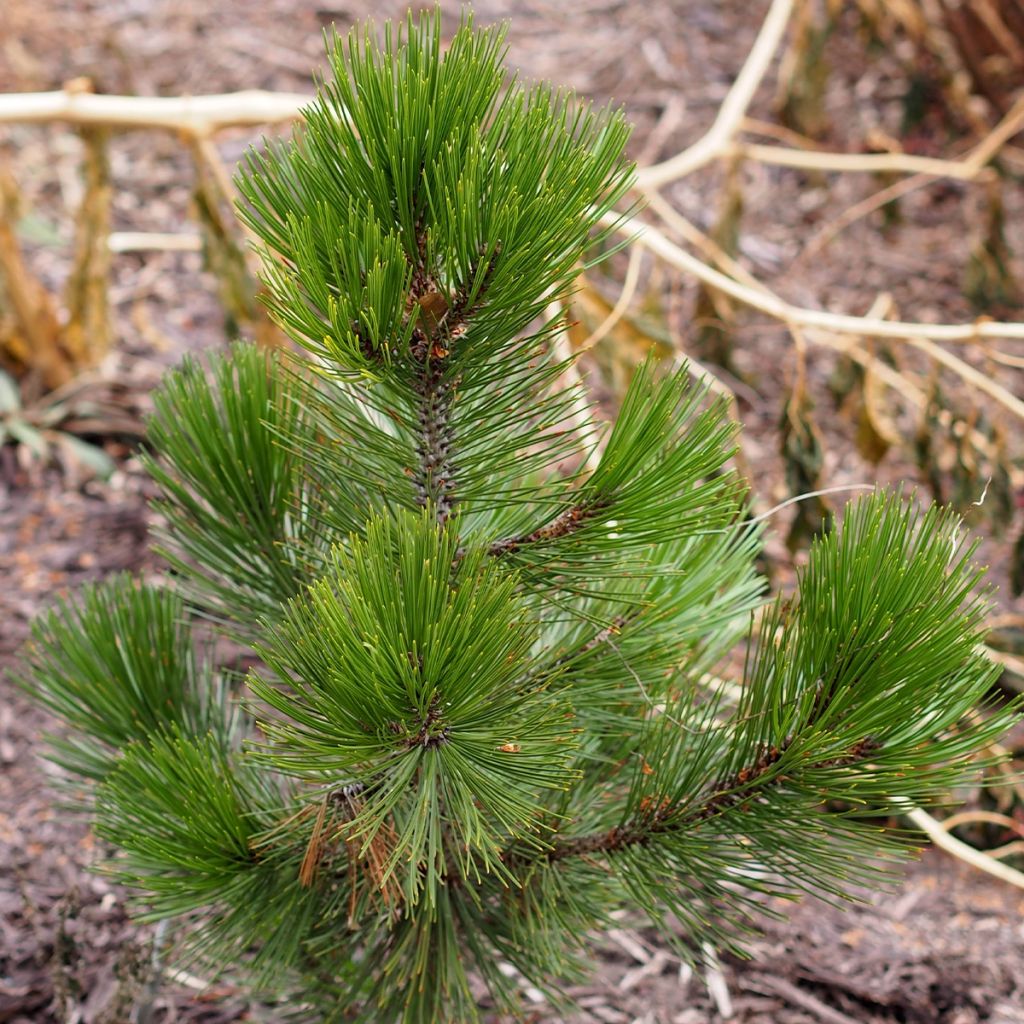

Pinus leucodermis Compact Gem
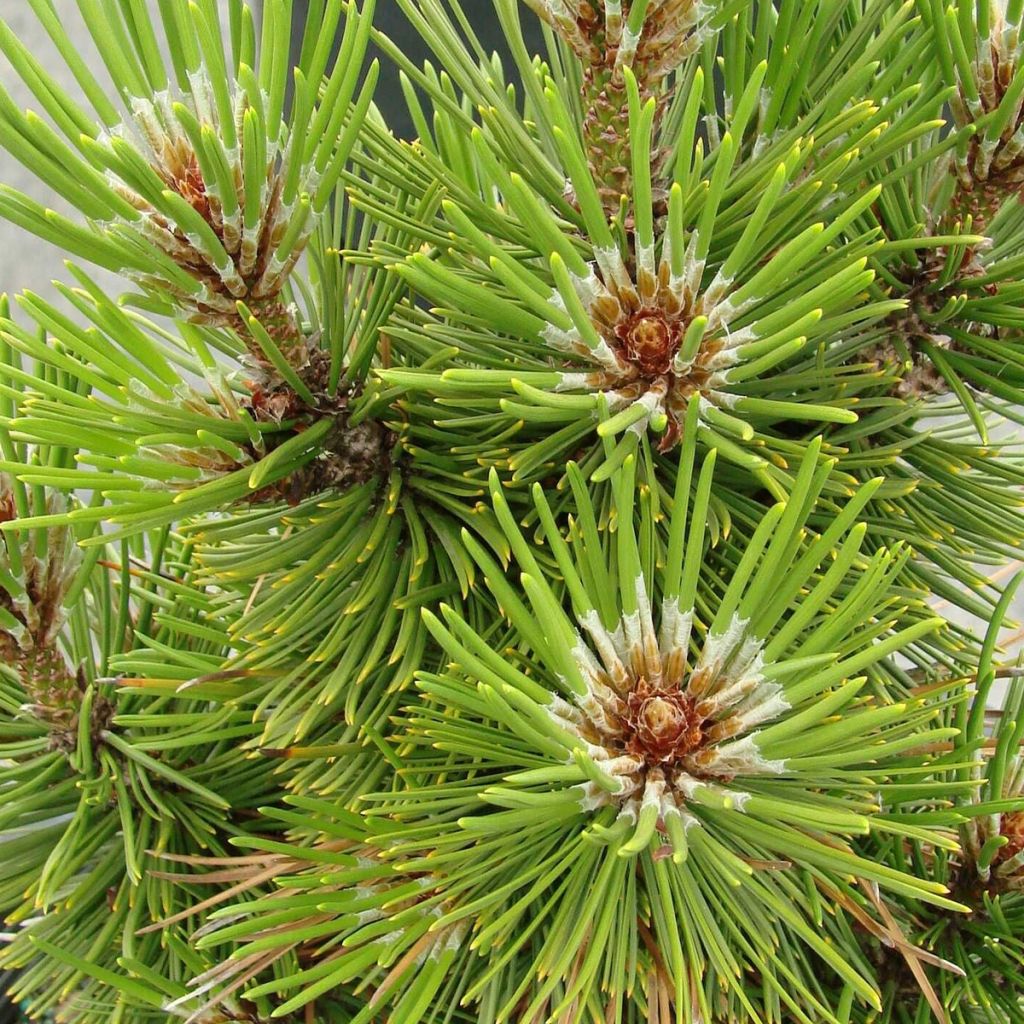

Pinus leucodermis Compact Gem
View more pictures
Hide images
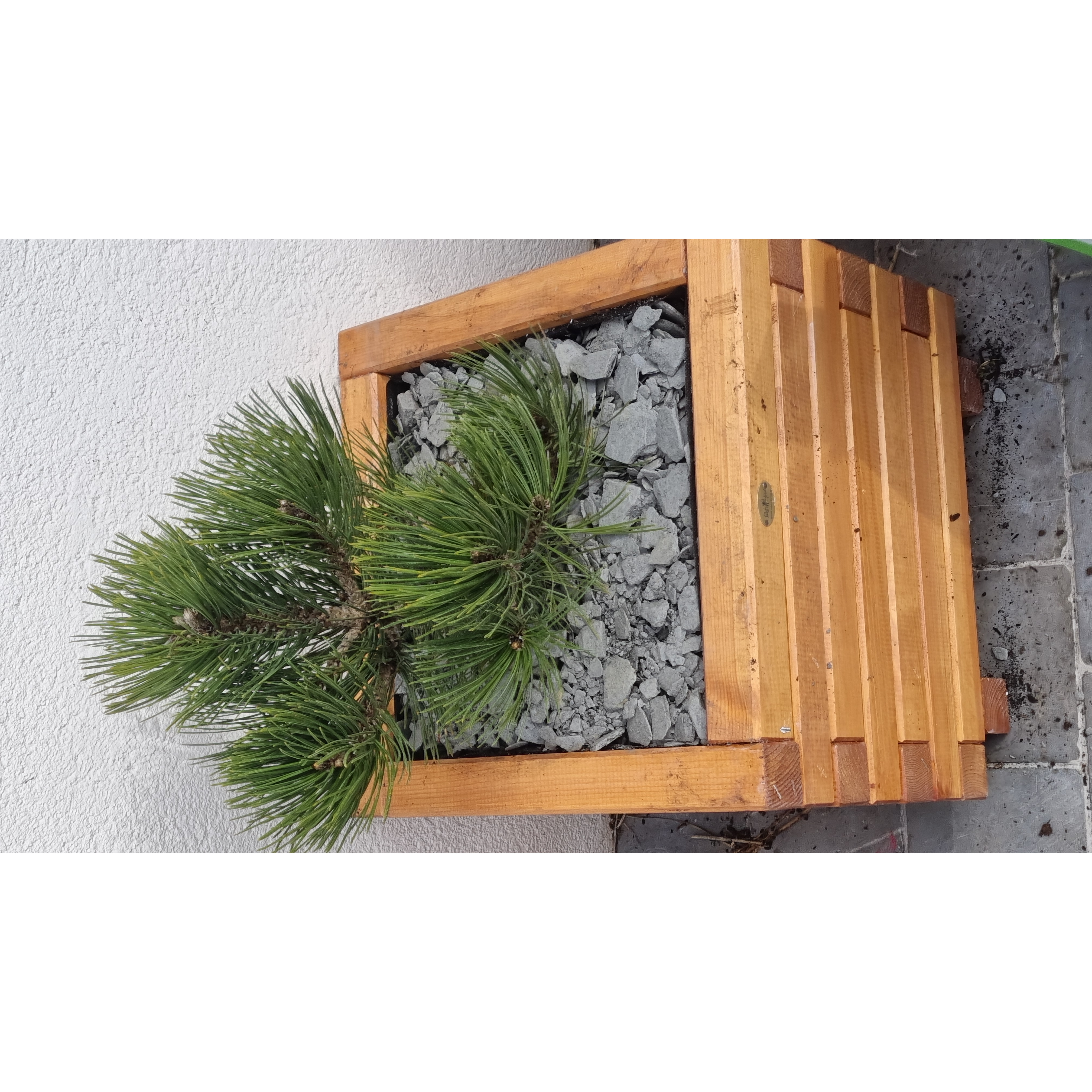
Estelle J.

Estelle J. • 94 FR
Pinus leucodermis Compact Gem
Pinus heldreichii Compact Gem
Bosnian Pine, Heldreich's Pine
Beautiful young plant! Can't wait to see its growth!
Estelle, 15/03/2023
Special offer!
Receive a €20 voucher for any order over €90 (excluding delivery costs, credit notes, and plastic-free options)!
1- Add your favorite plants to your cart.
2- Once you have reached €90, confirm your order (you can even choose the delivery date!).
3- As soon as your order is shipped, you will receive an email containing your voucher code, valid for 3 months (90 days).
Your voucher is unique and can only be used once, for any order with a minimum value of €20, excluding delivery costs.
Can be combined with other current offers, non-divisible and non-refundable.
Home or relay delivery (depending on size and destination)
Schedule delivery date,
and select date in basket
This plant carries a 24 months recovery warranty
More information
We guarantee the quality of our plants for a full growing cycle, and will replace at our expense any plant that fails to recover under normal climatic and planting conditions.
Would this plant suit my garden?
Set up your Plantfit profile →
Description
Pinus leucodermis 'Compact Gem' is a small Bosnian pine that deserves to be discovered for its ease of cultivation and adaptability to a wide range of soils and climates. Forming more or less a pyramid, or even a cone, its dark green evergreen foliage and its graphic aspect are decorative all year round. An easy plant to grow, it will find its place in a flower bed, a rock garden, or even on a terrace, in a container. Very hardy, withstanding maritime winds quite well, and resistant to drought once well established, it only requires ordinary, well-drained soil.
Pinus heldreichii (synonym Pinus leucodermis) is an evergreen plant of the Pinaceae family native to the mountains of southeastern Europe, from southwestern Bulgaria, Bosnia and Herzegovina, through Macedonia, to northern Greece and southern Italy. It grows between 900 and 2,500 metres (2953 and 8000 feet) in altitude and reaches heights of 25 to 35 metres (82 to 115 feet) and forms a trunk with a diameter of 2 metres (7 feet) in its natural environment. A champion of longevity, this conifer with a well-groomed conical habit can live for more than 1000 years.
The 'Compact Gem' variety is clearly distinct from the wild species due to its reduced size and much denser vegetation. Its growth is slow, reaching its maturity after 20 years, at a height of 2 metres (7 feet) with a width of 1.50 metres. It grows with a pyramidal to conical habit, which can be accentuated by light annual pruning with secateurs. The Bosnian pine belongs to the group of two-needled pines, with the needles grouped in pairs on the branches. They are dark green, rather long, and especially stiff and pointed. It is therefore better to avoid planting this conifer near a pathway! Very dense, surrounding the branches, they form aesthetic brush-like structures. The brown bark is decorative, although patience is required to fully enjoy it due to the slow growth of this miniature variety. 'Compact Gem' is certainly not the most beautiful of conifers, but it is particularly easy to grow. Hardy to at least -20°C (1°F), it grows in most soils, from neutral to acidic, and even slightly calcareous, with its only requirement being good drainage. Not demanding, it therefore grows in most soils, even poor ones, and tolerates drought once well rooted. It thrives in full sun but will tolerate partial shade in hot climates.
The Bosnian pine 'Compact Gem' will find its place in all gardens, even small ones, and will bring much satisfaction over time. Planted in a container, this conifer is ideal for decorating balconies or terraces without causing any trouble for many years. In the garden, it can be planted in rock gardens or flower beds, combined with other conifers or shrubs. Its dark green foliage will enhance light-coloured flowers or foliage. The many varieties of Potentilla fruticosa, which are as easy to grow as it is, will brighten its dark green mass with their cheerful blooms. In slightly moist soil, Cercis canadensis 'Merlot', a Canadian redbud with heart-shaped purple foliage and pink blooms appearing on its bare wood, will create a superb contrast with our pine. It can be planted alongside it without risking any interference, as it has a slow growth rate. And for lovers of strong contrasts, nothing beats a Berberis thunbergii 'Golden Carpet', a spreading ground cover with bright yellow foliage that is just as undemanding as 'Compact Gem'.
Report an error about the product description
Pinus leucodermis Compact Gem in pictures
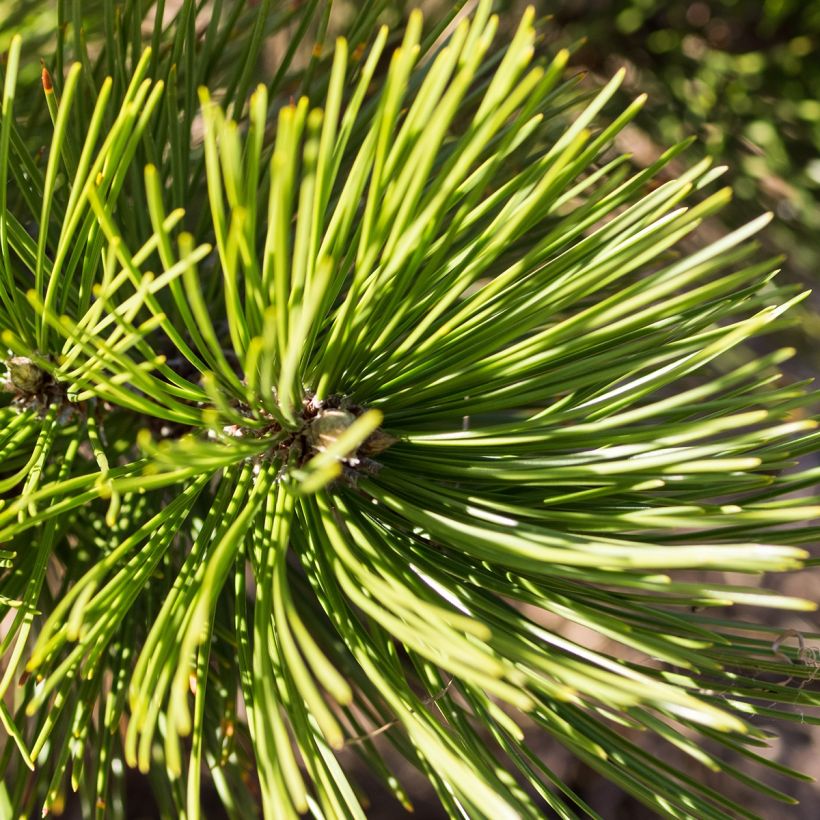

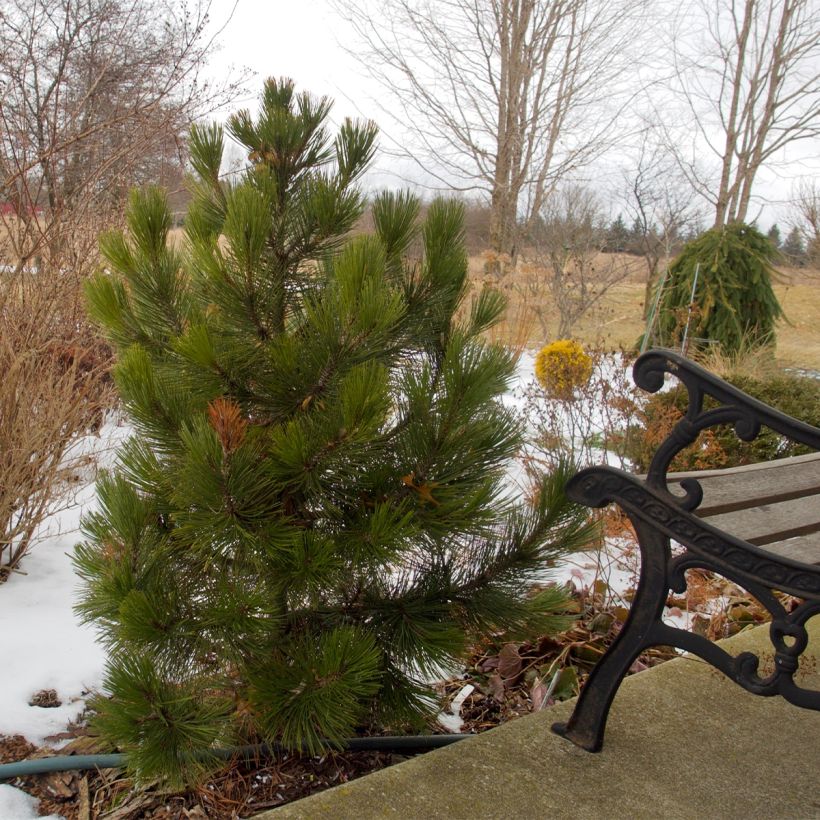

Plant habit
Foliage
Botanical data
Pinus
heldreichii
Compact Gem
Pinaceae
Bosnian Pine, Heldreich's Pine
Cultivar or hybrid
Other Pinus - Pine
View all →Planting and care
The 'Compact Gem' Bosnian Pine is planted from September to November and from February to April in ordinary soil, rather fertile, well-drained. It is not picky about the nature of the soil, as long as it is not waterlogged. Choose a very sunny location, or possibly partially shaded in hot climates. Soak the root balls in a bucket of water before planting. Add organic amendment at planting and water generously in the first years, and in case of prolonged drought. In poor soil, apply a special conifer fertilizer every year in April and cultivate the soil in summer. This hardy conifer (up to -20°C (1°F) at least) is not afraid of wind and tolerates drought once established. To maintain or enhance the habit of this bush, an annual light pruning can be done between May and June, by shortening the young shoots. Pruning of branches and twigs, on the other hand, should be done from September to November.
Planting period
Intended location
Care
-
, onOrder confirmed
Reply from on Promesse de fleurs
Similar products
Haven't found what you were looking for?
Hardiness is the lowest winter temperature a plant can endure without suffering serious damage or even dying. However, hardiness is affected by location (a sheltered area, such as a patio), protection (winter cover) and soil type (hardiness is improved by well-drained soil).

Photo Sharing Terms & Conditions
In order to encourage gardeners to interact and share their experiences, Promesse de fleurs offers various media enabling content to be uploaded onto its Site - in particular via the ‘Photo sharing’ module.
The User agrees to refrain from:
- Posting any content that is illegal, prejudicial, insulting, racist, inciteful to hatred, revisionist, contrary to public decency, that infringes on privacy or on the privacy rights of third parties, in particular the publicity rights of persons and goods, intellectual property rights, or the right to privacy.
- Submitting content on behalf of a third party;
- Impersonate the identity of a third party and/or publish any personal information about a third party;
In general, the User undertakes to refrain from any unethical behaviour.
All Content (in particular text, comments, files, images, photos, videos, creative works, etc.), which may be subject to property or intellectual property rights, image or other private rights, shall remain the property of the User, subject to the limited rights granted by the terms of the licence granted by Promesse de fleurs as stated below. Users are at liberty to publish or not to publish such Content on the Site, notably via the ‘Photo Sharing’ facility, and accept that this Content shall be made public and freely accessible, notably on the Internet.
Users further acknowledge, undertake to have ,and guarantee that they hold all necessary rights and permissions to publish such material on the Site, in particular with regard to the legislation in force pertaining to any privacy, property, intellectual property, image, or contractual rights, or rights of any other nature. By publishing such Content on the Site, Users acknowledge accepting full liability as publishers of the Content within the meaning of the law, and grant Promesse de fleurs, free of charge, an inclusive, worldwide licence for the said Content for the entire duration of its publication, including all reproduction, representation, up/downloading, displaying, performing, transmission, and storage rights.
Users also grant permission for their name to be linked to the Content and accept that this link may not always be made available.
By engaging in posting material, Users consent to their Content becoming automatically accessible on the Internet, in particular on other sites and/or blogs and/or web pages of the Promesse de fleurs site, including in particular social pages and the Promesse de fleurs catalogue.
Users may secure the removal of entrusted content free of charge by issuing a simple request via our contact form.
The flowering period indicated on our website applies to countries and regions located in USDA zone 8 (France, the United Kingdom, Ireland, the Netherlands, etc.)
It will vary according to where you live:
- In zones 9 to 10 (Italy, Spain, Greece, etc.), flowering will occur about 2 to 4 weeks earlier.
- In zones 6 to 7 (Germany, Poland, Slovenia, and lower mountainous regions), flowering will be delayed by 2 to 3 weeks.
- In zone 5 (Central Europe, Scandinavia), blooming will be delayed by 3 to 5 weeks.
In temperate climates, pruning of spring-flowering shrubs (forsythia, spireas, etc.) should be done just after flowering.
Pruning of summer-flowering shrubs (Indian Lilac, Perovskia, etc.) can be done in winter or spring.
In cold regions as well as with frost-sensitive plants, avoid pruning too early when severe frosts may still occur.
The planting period indicated on our website applies to countries and regions located in USDA zone 8 (France, United Kingdom, Ireland, Netherlands).
It will vary according to where you live:
- In Mediterranean zones (Marseille, Madrid, Milan, etc.), autumn and winter are the best planting periods.
- In continental zones (Strasbourg, Munich, Vienna, etc.), delay planting by 2 to 3 weeks in spring and bring it forward by 2 to 4 weeks in autumn.
- In mountainous regions (the Alps, Pyrenees, Carpathians, etc.), it is best to plant in late spring (May-June) or late summer (August-September).
The harvesting period indicated on our website applies to countries and regions in USDA zone 8 (France, England, Ireland, the Netherlands).
In colder areas (Scandinavia, Poland, Austria...) fruit and vegetable harvests are likely to be delayed by 3-4 weeks.
In warmer areas (Italy, Spain, Greece, etc.), harvesting will probably take place earlier, depending on weather conditions.
The sowing periods indicated on our website apply to countries and regions within USDA Zone 8 (France, UK, Ireland, Netherlands).
In colder areas (Scandinavia, Poland, Austria...), delay any outdoor sowing by 3-4 weeks, or sow under glass.
In warmer climes (Italy, Spain, Greece, etc.), bring outdoor sowing forward by a few weeks.






























